
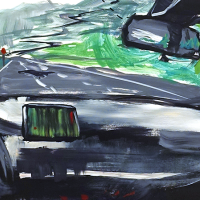
Developing Understanding
Project Zero’s research proposes a performance-based conception of “understanding,” i.e. understanding is the capability to perform flexibly with knowledge in novel situations. It goes beyond having the correct mental models, and is actionable and generative in further learning and in real life. Understanding includes the capacity for transfer, as well as the ability to restructure concepts rather than just add information. It is an agentive process, an on-going quest carried by the learner.
BIG QUESTIONS
- What is the nature of deep understanding and why does it matter?
- What are the challenges to developing deep understanding?
- What are the behaviors of learners who demonstrate adaptive expertise—knowing how to develop deep understanding?
- In what ways can education support the development of deep understanding and adaptiveexpertise?
PZ PERSPECTIVES
- Depth of understanding is more empowering than broad, superficial coverage.
- Understanding is revealed through performances as opposed to what we know in our heads.
- Deeper understanding involves restructuring schemas that we hold and developing a broader repertoire of schemas.
- Learning how to learn new and challenging content—developing adaptive expertise—should be a central focus in education.

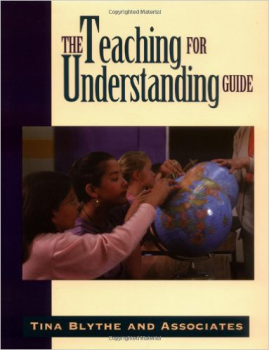
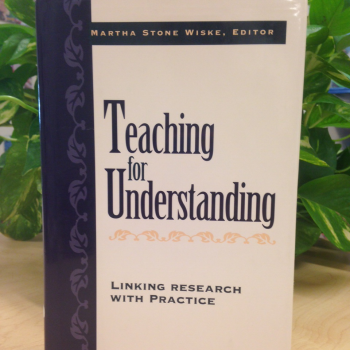
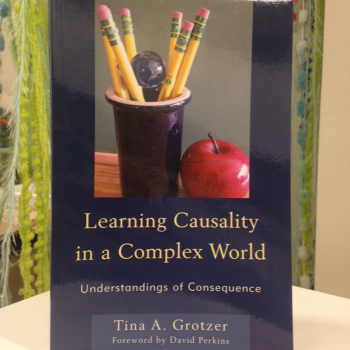
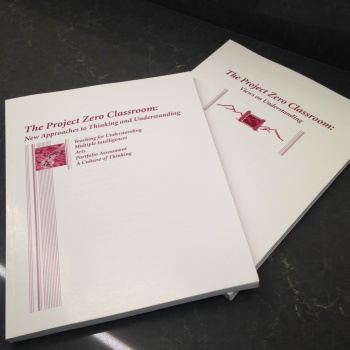
-
-
-
-
-
-
Support PZ's Reach